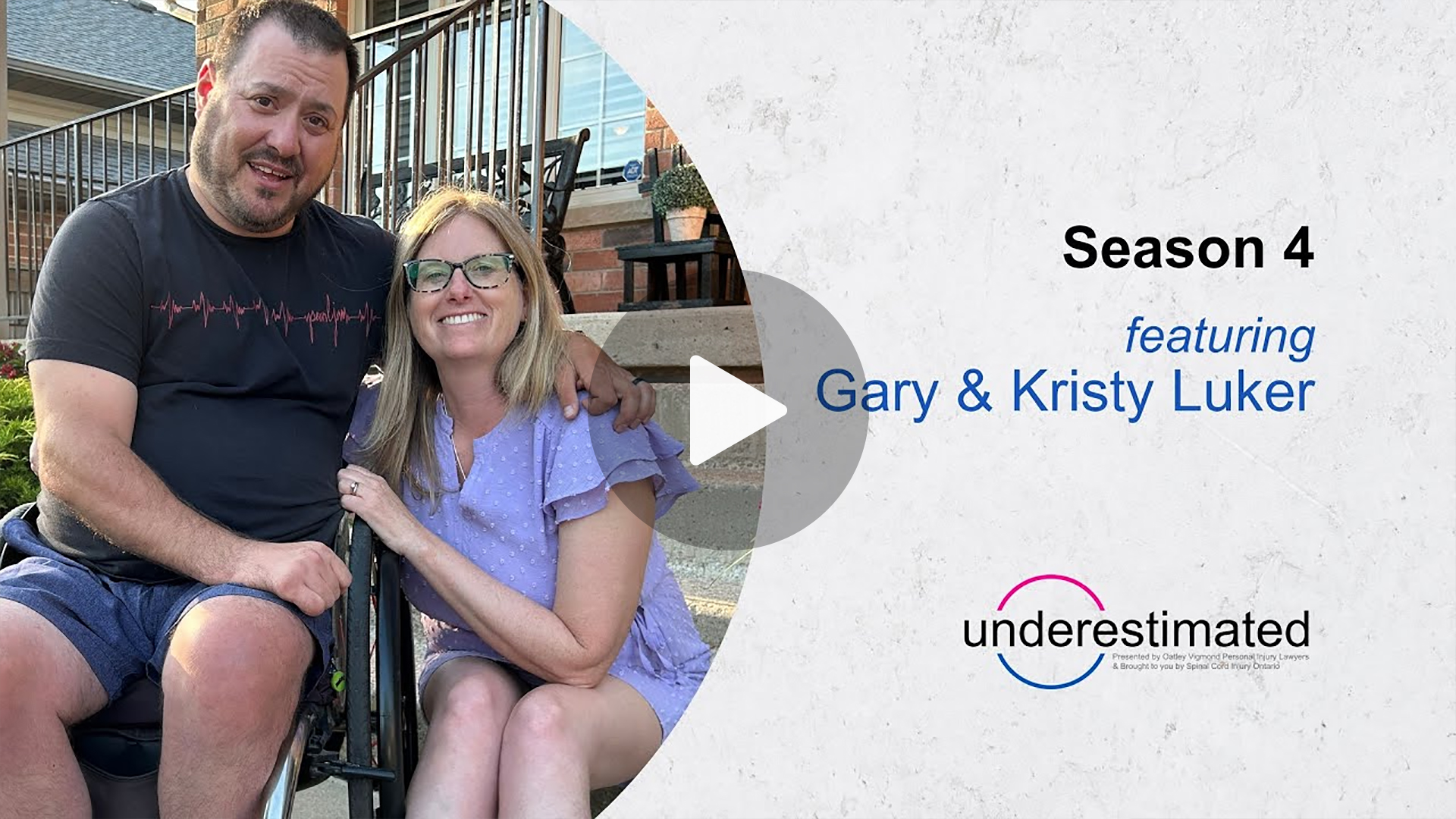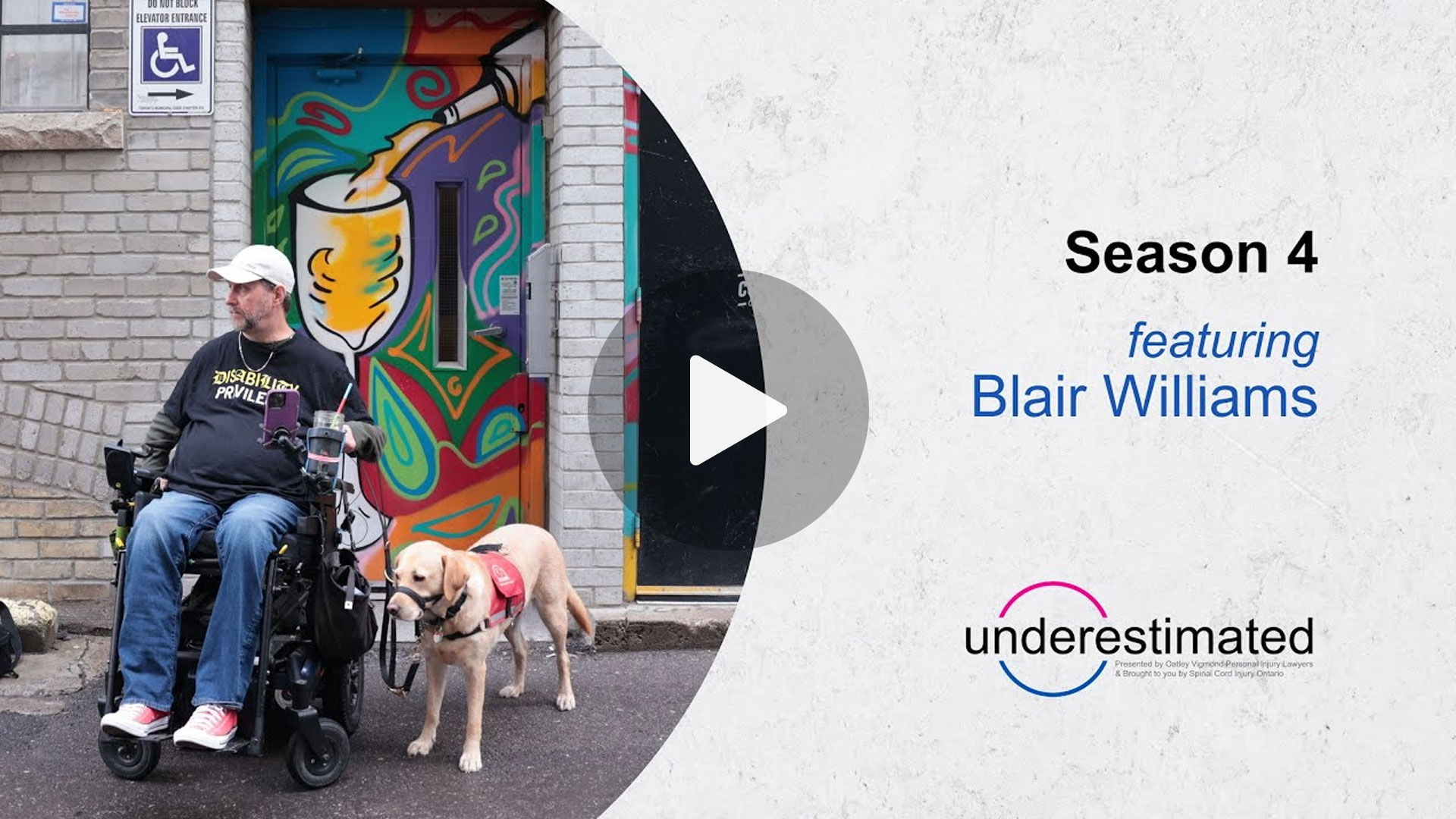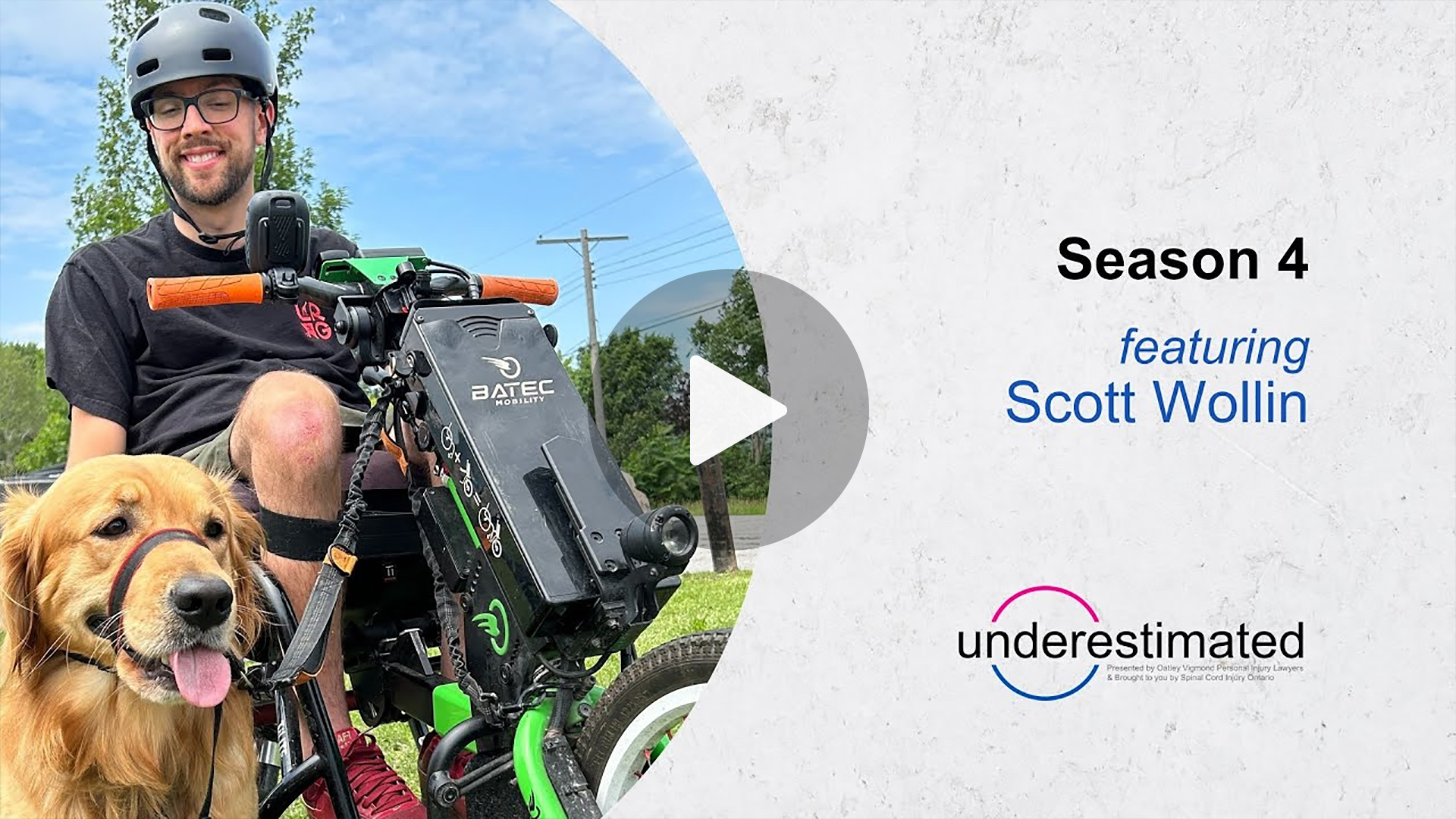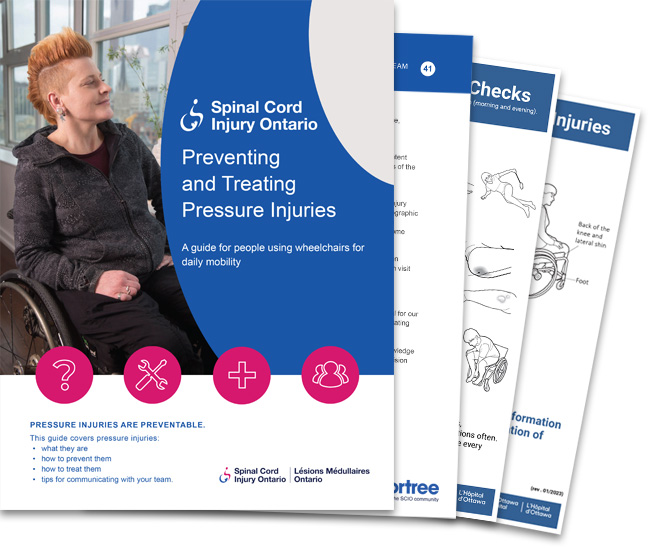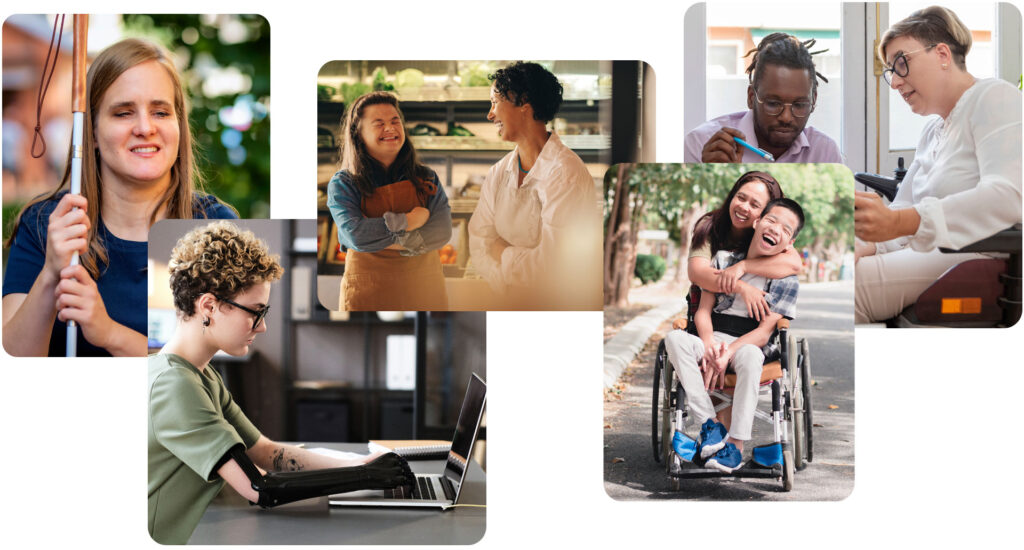Today, we’re talking about love and sex with a physical disability, and sexual misconceptions. The focus of this particular video is on the topic of sexuality and disability.
PLEASE NOTE: this video series covers adult subject matters, including sex toys. If you prefer not to share this content with others, we recommend finding a quiet and private space to watch the videos.
Sexuality is an integral part of life, but it can often be challenging to discuss, especially for individuals with disabilities. Mainstream media rarely portrays people with disabilities enjoying a healthy sex life, leading to misconceptions and assumptions. This lack of information and representation hinders honest conversations. However, these videos aim to address this issue by providing a safe space for discussions about sex and disability.
It is essential to prioritize consent and safety in all sexual experiences. As such, it is crucial to ask others if they are comfortable discussing topics related to sex and sexuality. Everyone has different thoughts and perspectives on sex, and open conversations help us address doubts, preferences, and misconceptions.
Join us in this video series as we break taboos, promote honest conversations, and foster a better understanding of sexuality and disability. Whether you’re discussing sex with a partner, a friend, or a caregiver, these videos aim to make those conversations more comfortable and inclusive.
Sexuality plays a significant role in the lives of individuals with disabilities, yet it is an often overlooked and misunderstood aspect of their identity. People with disabilities have the same innate desires, needs, and rights to explore and express their sexuality as anyone else. However, societal attitudes, misconceptions, and physical limitations can create unique challenges and barriers. Stereotypes and lack of representation in media contribute to the perception that individuals with disabilities are asexual or devoid of sexual desires, further marginalizing their experiences.
It is crucial to recognize and validate the diverse range of sexual identities, orientations, and desires within the disability community, while also advocating for equal access to comprehensive sexual education, supportive healthcare services, and inclusive spaces that respect and celebrate their sexual autonomy. By promoting awareness, understanding, and inclusivity, we can foster a society that embraces and supports the sexual rights and well-being of individuals with disabilities.
Spinal Cord Injury Ontario (SCIO) is a non-profit organization that provides support, services, and advocacy for people who have experienced a spinal cord injury or other mobility impairments. With over 75 years of experience, SCIO is the largest organization of its kind in Canada, and serves people across the province. Their aim is to help people with spinal cord injuries to live as independently and fully as possible, by providing access to information, resources, and peer support.
In addition, they also work to raise awareness about the challenges faced by people with spinal cord injuries, and advocate for improved accessibility and inclusion in all areas of society. Through their programs and services, SCIO helps people to achieve their goals, connect with others, and build a strong and supportive community.
If you enjoyed this video about love and sex with a physical disability, and sexual misconceptions, please remember to like, share, subscribe, and leave a comment if you have any questions or suggestions. We hope to see you here again soon!

